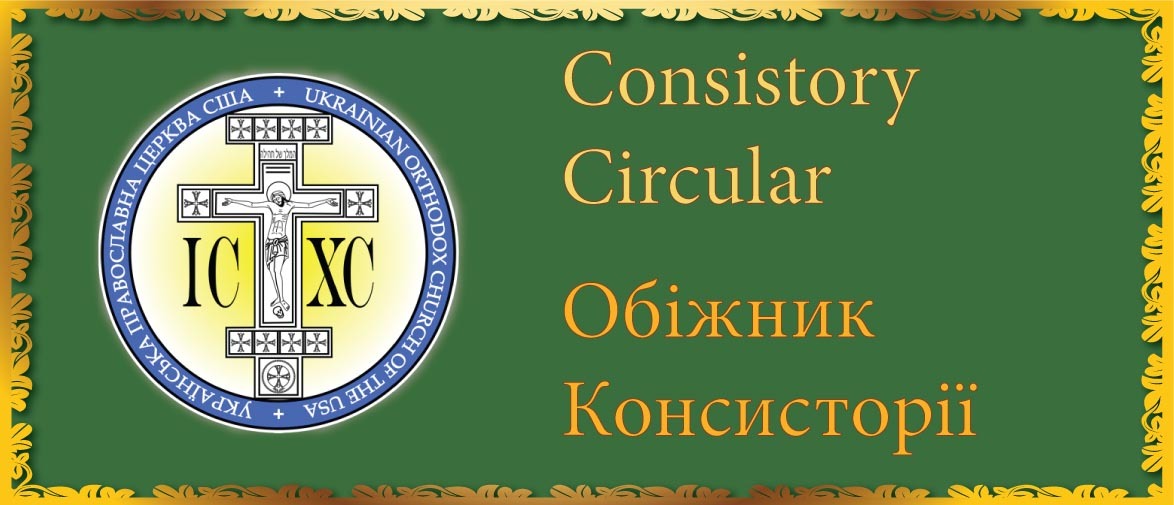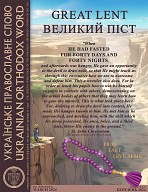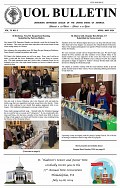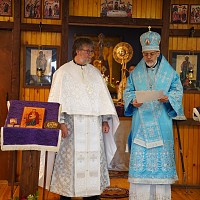A few years ago we had this craze going about WWJD. You remember: “What would Jesus do?” You could buy bracelets to remind yourself that to be a Christian means to try to act as Jesus did – at least in this view. This was largely a craze in the Protestant world, and particularly American Protestantism. I don’t know if it caught on elsewhere, but like all fads it faded in short order and you don’t hear of it any more. There were the usual comic reactions to so-called Christian slogans at the time, and you saw bumper stickers that bore words like “What would Darwin do?”
Most of us recognize that to be a Christian is not to try to figure out how to respond to situations like Jesus did. Ethics is one thing, faith is another, and in this case they do not necessarily cross over. Truth to tell, most of us don’t have a clue what Jesus would do in a certain situation; or, if we do, we are rather certain that we couldn’t do it, unless we are missing the point of his ministry.
Look at the ministry of Jesus and think about it for a moment. Are we able to heal as he did? Are we able to proclaim the Kingdom of God as he did? No, of course we cannot, precisely because he not only proclaimed and healed in the name of God’s Reign, he was that reign, he was that Kingdom, embodied. He was not only Jesus of Nazareth, the man who walked and talked and ministered to the people of his land and culture. He was also “true God of true God,” who brought the Presence of the Holy and Compassionate One into our world in human form. So in that sense we can never emulate him. He is the one and only, the unique man of history. As the letter to the Hebrews says, he is the “Pioneer and Perfecter” of our faith who offers the sacrifice “once for all.” He is and remains the Kingdom of God come among us, through the power of his Resurrection.
We learn this truth in many ways through scripture. We are slow to learn, so scripture and the church unfold the mystery through us in a number of ways. The Feast of the Ascension unfolds it yet one more way. The Feasts of faith are like the facets of a diamond; each facet reflects and reveals the light in a new and brilliant pattern for us to see. So it is with the Ascension.
In Luke’s twofold history of the work of Christ, first through his life in the Gospel, and then through the Church in the book of Acts, Christ’s presence as true God and true man is proclaimed in a number of ways. At the end of the Gospel, we hear of the disciples on the Emmaus Road, where Christ is revealed to them as fully present and personal, alive and active through the interpretation of the Word and through participation in the “breaking of the bread.” Our hearts burn with love and delight when we receive these gifts.
In Acts we hear the story of the Ascension, Christ taken up into heaven into that Cloud that is the Old Testament symbol of God’s Presence in the world.
Ascension is the hinge in the paschal season that swings onto the Presence of the Holy Spirit. The liturgical hymns point us in this direction, and we gladly proceed toward Pentecost.
The Ascension marks God the Father’s full acceptance of Christ’s repairing of the breach between humanity and God. God vindicates the work of Christ and receives him back as the Victor over the forces of death and the devil.
We could be sad on this occasion, however. After all, the risen Christ left the disciple band at this point and they saw his departure. He was never again to be with them as he was either during his earthly ministry or during the resurrection period. He is now to be present through the mediation of the Spirit. Just as when we part company with friends whom we know, in our hearts, we will never see again, we could be sad and despairing.
Instead, Luke says that the disciples departed full of joy! They do so because they know that, although they cannot “do as Jesus did,” they can rest assured that his power is still with them, performing works of compassion and mercy and healing wherever they go. No longer alongside them as a companion, he goes before them as Christ and Lord. In the words of the Hymn of St Ambrose, “when you overcame the sharpness of death, you opened the Kingdom of Heaven to all believers” (from the Moleben of Thanksgiving).
So here we are on this Ascension 2011, affirming the same Truth for our company of disciples and apostles and all who make up our parish. Open your hearts to the living Lord who precedes you always throughout your life, but whose presence is with you also through the mysteries and through the Word. “God has gone up with a shout” and we, too, shout for joy because of our healing and salvation.
Fr Gabriel Rochelle
St Anthony of the Desert Orthodox Mission
Las Cruces New Mexico












